In the fast-paced realm of eCommerce, understanding the psychology of persuasion is the key to success. Unlocking the principles of persuasion psychology can significantly enhance your eCommerce strategy and help you achieve higher conversion rates and increased sales. Here, we’ll explore the fascinating world of persuasion psychology and its profound impact on e-commerce strategies.
What is Persuasion Psychology?
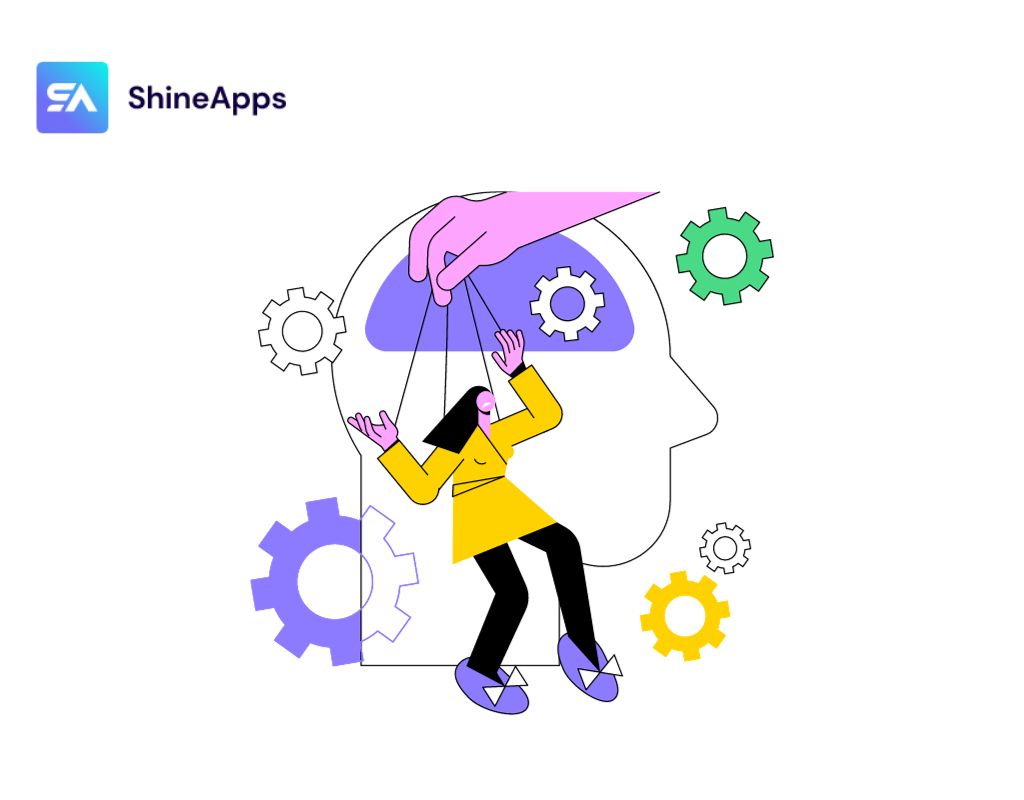
Persuasive psychology is the study and application of psychological principles and techniques to influence and persuade others to perceive, have an attitude towards, or perform a particular action. It explores the cognitive, emotional, and social factors that play a role in shaping human decisions and behavior.
By understanding the mechanisms behind the persuasion process, individuals and organizations can effectively communicate their messages, influence choices, and achieve desired results, whether in the field of marketing, sales, public speaking, or everyday communication.
Six Principles of Persuasion Psychology
There are several key principles of persuasion psychology that are particularly relevant to eCommerce:
1. Reciprocity
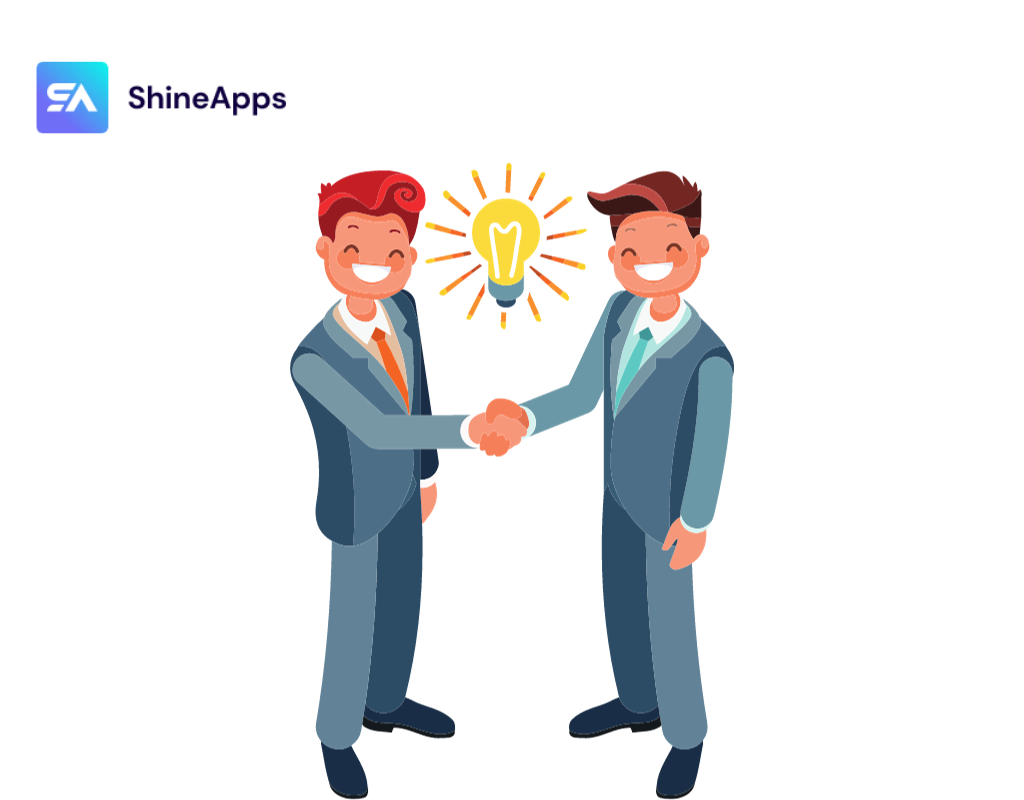
Reciprocity is a powerful psychological principle that revolves around mutual benefit. When you offer something valuable to someone, they are more inclined to reciprocate with a favor.
In eCommerce, this can take the form of offering a 10% discount on a customer’s first purchase or sharing valuable content in exchange for their email address. It’s a strategy to build goodwill and encourage desired actions through the give-and-take dynamic.
2. Social Proof
Research identifies it as one of the six universal persuasion psychology principles, as people tend to make purchases when they see strong recommendations, particularly from friends or peers. In eCommerce, this principle is harnessed by showcasing the number of products sold, displaying customer reviews, and sharing case studies.
These tactics leverage social proof to instill trust and create positive perceptions of your brand, encouraging potential customers to make confident purchase decisions.
3. Scarcity

Fear of missing out (FOMO) can be a powerful motivator. By using tactics like limited-time offers, low-stock alerts, and exclusive deals, businesses create a sense of urgency and the perception of a unique opportunity. This encourages customers to act quickly and make a purchase, lest they miss out on a valuable deal.
4. Authority

Authority plays an important role in persuading individuals to purchase from trustworthy figures and brands. Demonstrating competence and credibility is a basic persuasion tactic. This can be achieved by highlighting awards, showcasing key partnerships, or collaborating with famous influencers.
The importance of power in building trust and influencing decision-making is emphasized by evidence-based research, such as Milgram’s experiments involving shock therapy.
5. Consistency and Commitment
Commitment and Consistency rely on the human tendency to maintain consistency in their actions over time. When someone commits to a small favor or action, they’re more inclined to engage in larger actions in the future.
In eCommerce, this concept is applied by encouraging customers to start with small actions, such as sharing content or referring friends. These initial steps build a connection and pave the way for more significant actions like making a purchase, gradually nurturing trust, and increasing the likelihood of future conversions.
6. Likability
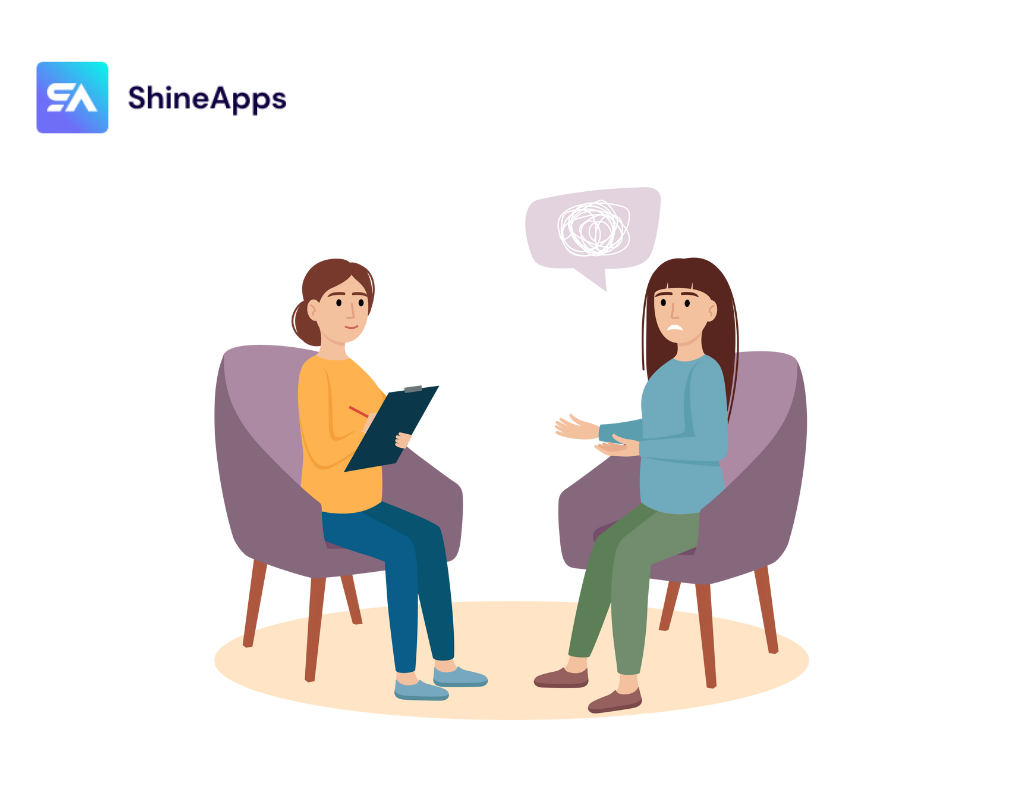
People tend to buy from brands they consider friends, especially when the product is personally relevant to them. In a highly competitive market, establishing a beloved brand personality is essential.
This can be achieved by finding common ground with customers and demonstrating a deep understanding of their preferences and needs. By cultivating a feeling of connection and likeness, businesses can increase sales and create lasting customer relationships.
Elements of Persuasion Psychology
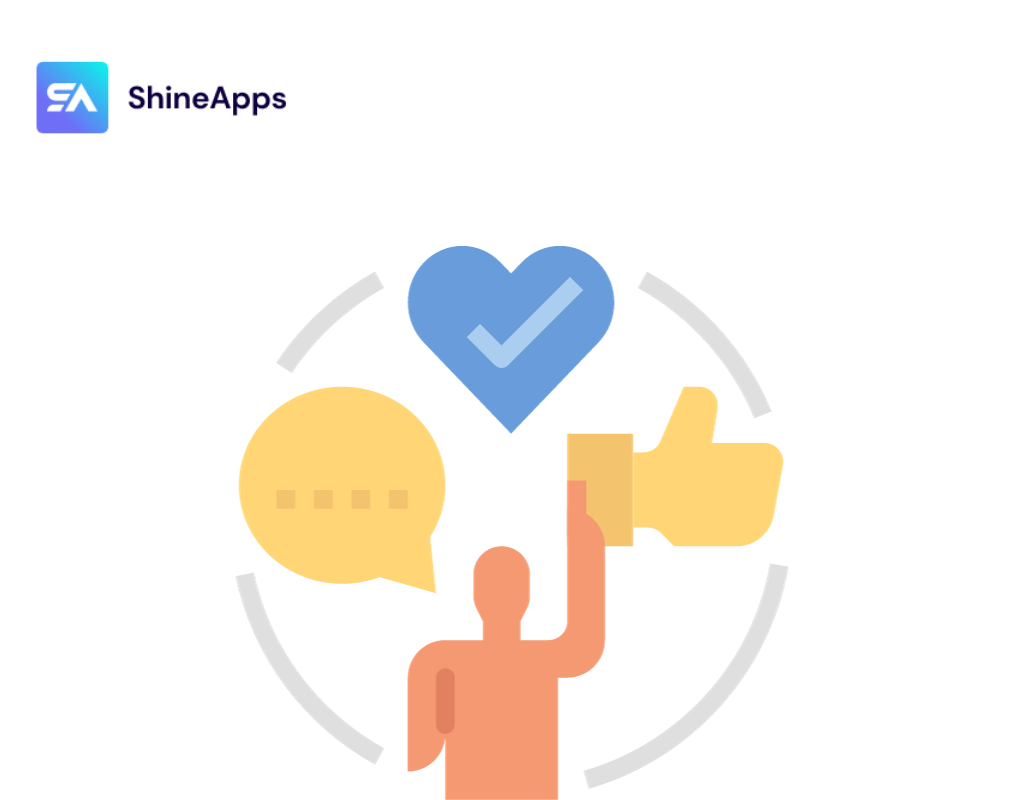
In online marketing, “persuasion” refers to efforts made by websites or online retailers to influence your attitudes and behaviors related to a specific goal without resorting to coercion or fraud. Conversions, which are pivotal in online marketing, are essentially driven by persuasion.
Now, let’s dive into the elements of persuasion psychology and how they are applied in eCommerce to boost conversion rates.
- Source: Credibility and trustworthiness are vital in persuasion. Customers must trust your brand and perceive it as reliable. Building a trustworthy reputation makes it easier to persuade customers, as people are more likely to be influenced by those they trust.
- Message: The content you deliver plays a crucial role in persuasion. The words you use in emails, advertisements, and other materials can significantly impact a customer’s decision to make a purchase. Effective persuasive writing combines facts and emotions to establish credibility and resonate with customers.
- Medium: The platform or channel you choose to communicate with customers can affect how well your message is received. Whether it’s through email, social media, or other channels, selecting the right medium is essential.
- Audience: Understanding your target audience is fundamental for successful persuasion. Knowing their needs, preferences, and motivations allows you to tailor your message and strategy accordingly. Without this understanding, convincing them to take action can be challenging.
- Objective: Clearly defining the desired action you want customers to take is essential. Without a clear objective, it’s difficult to measure the success of your persuasion efforts. Whether it’s making a purchase, signing up for a newsletter, or sharing a product, a well-defined objective guides your persuasive strategy.
Benefits of Using Persuasion Psychology
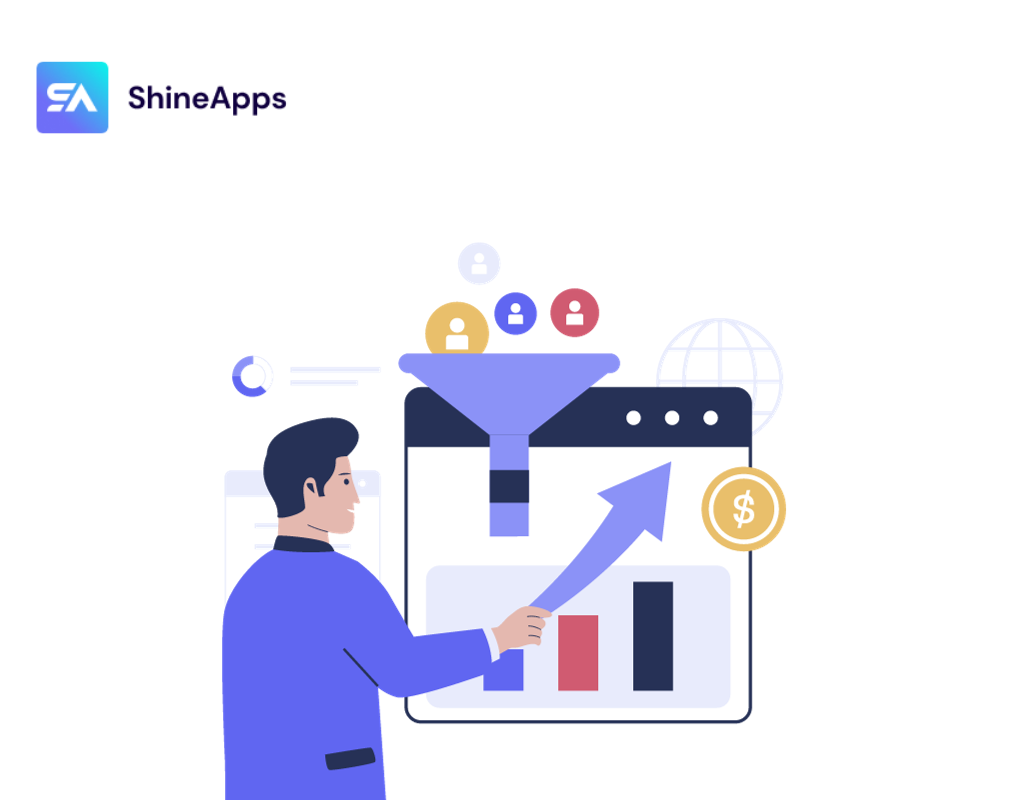
Using persuasive psychology in various aspects of life, including marketing and business, provides a number of valuable benefits:
- Increase sales and conversions: Persuasive techniques can lead to higher sales and conversion rates. By understanding what motivates and influences people, businesses can tailor their messaging and strategies to resonate with their target audience, ultimately driving more purchases.
- Improve communication ability: The psychology of persuasion improves communication skills. It teaches individuals and organizations how to convey their messages more effectively, making it easier to connect and persuade others.
- Enhance decision-making: Understanding how persuasion works helps individuals make more informed decisions. They can recognize when persuasive tactics are being used and make choices based on rational thinking rather than emotional manipulation.
- Strengthen relationships: In personal and professional relationships, the psychology of persuasion can promote understanding, empathy, and cooperation. Effective communication and persuasion techniques can help build trust and rapport.
- Better marketing and advertising: In the field of marketing and advertising, persuasive psychology allows businesses to create more engaging and resonant campaigns. This leads to better customer engagement and brand loyalty.
- Increase influence: Persuasive psychology equips individuals with the tools to be more persuasive and influential in their interactions. This can be especially valuable in leadership and negotiation roles.
- Improve problem-solving: Persuasive psychology encourages critical thinking and problem-solving. When trying to persuade others, individuals often need to address objections and counterarguments to come up with more effective solutions.
- Empathy and understanding: Learning about the psychology of persuasion will foster empathy and a deeper understanding of human behavior. It allows individuals to view situations from different perspectives, making them more effective communicators.
- Effective leadership: Effective leaders often possess strong persuasion skills. They can inspire and motivate their teams, driving productivity and success.
- Personal development: Research into the psychology of persuasion can contribute to personal development. It encourages self-awareness and the development of emotional intelligence, which are valuable traits in both personal and professional life.
How Persuasion Psychology Works in eCommerce
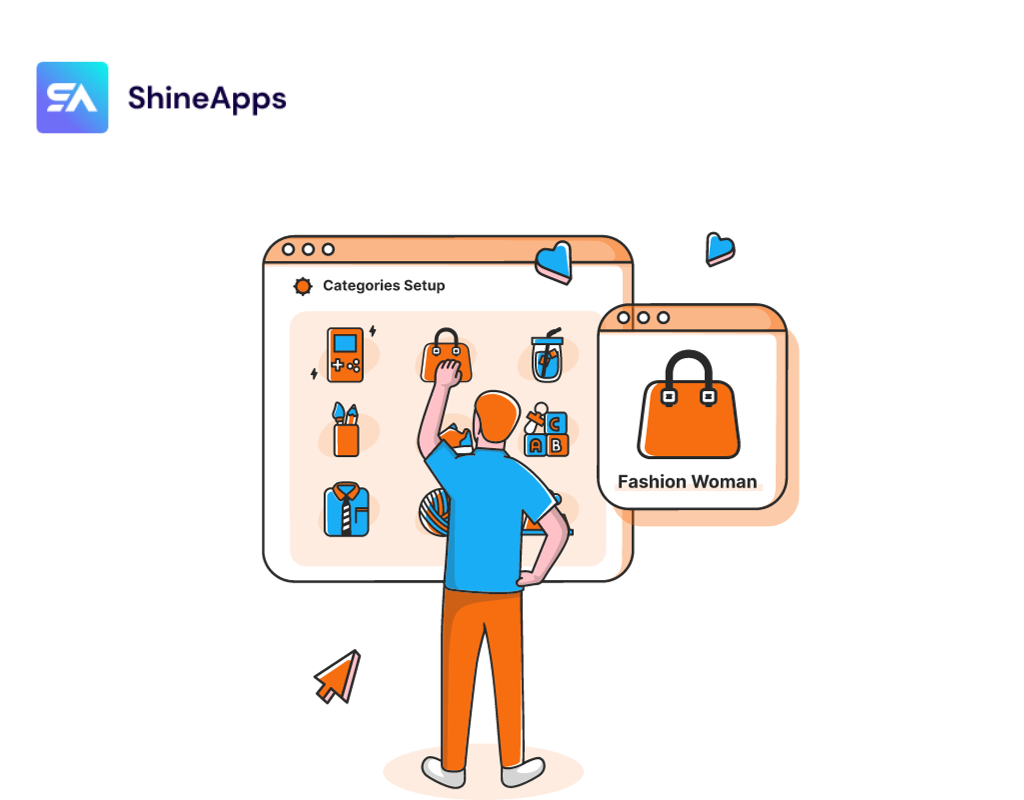
Now that we’ve covered the basic principles of persuasion psychology, let’s explore how these concepts can be applied in eCommerce:
Personalized Recommendations
Uses data-driven algorithms to provide personalized product recommendations based on customers’ browsing and purchasing histories. This refers to the principle of reciprocity, showing customers that you understand their preferences and are committed to delivering value.
Customer Reviews and Ratings
Display customer reviews and ratings prominently on your product pages. Positive reviews serve as powerful social proof, assuring potential buyers of the quality of your products.
Limited-Time Offers
Create a sense of urgency by promoting limited-time offers and exclusive discounts. This promotes the principle of scarcity, forcing customers to act before the opportunity disappears.
Influencer Marketing
Collaborate with influencers and industry experts who are relevant to your brand. Their endorsement can boost your credibility and likeability, making your followers more likely to trust your products.
Email Marketing
Encourage small engagements through email marketing. Provide valuable content, exclusive offers, and incentives to subscribers, gradually building their commitment to your brand.
Refer to How to Grow Your Shopify Email List Successfully (2023 Update).
User-Friendly Website Design
Make sure your eCommerce website is user-friendly and visually appealing. A well-designed website can enhance the overall user experience, making visitors more likely to engage and convert.
How to measure the success of persuasive techniques
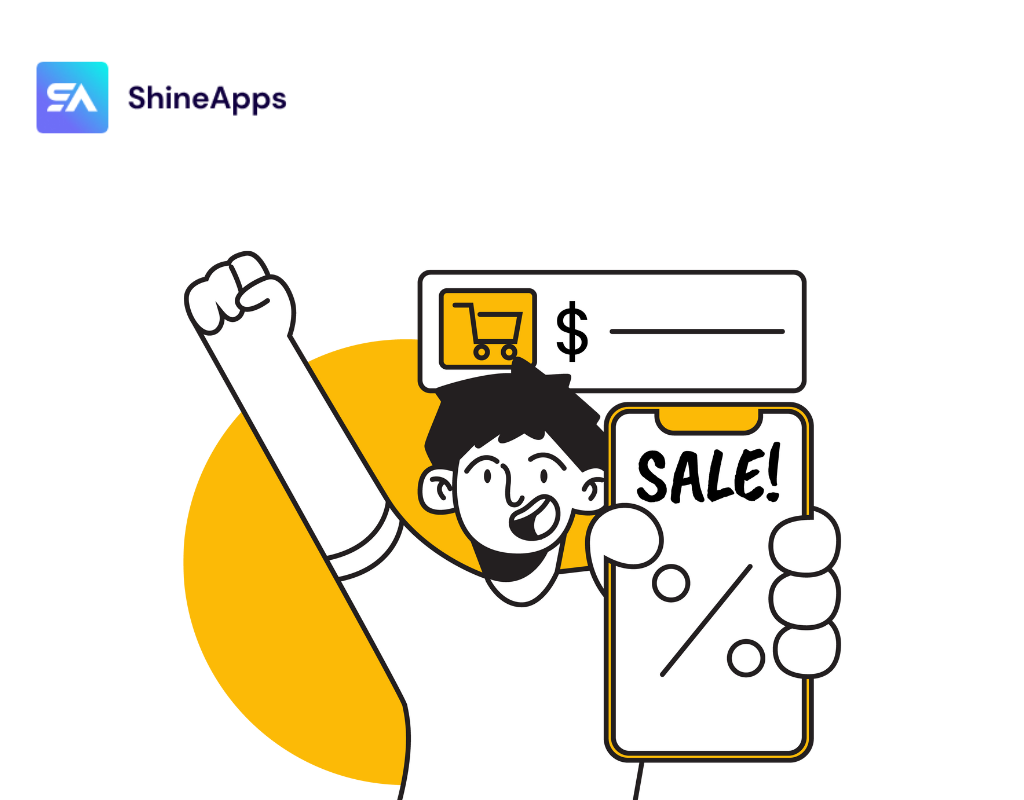
To measure the success of persuasive techniques in your eCommerce business, you should pay attention to the following indicators:
- Increased Website Traffic: An increase in website traffic suggests that people are intrigued by your persuasive tactics and are visiting your site to explore further.
- Higher Conversion Rates: If more visitors are completing purchases on your site, it indicates that your persuasion techniques are effectively convincing them to take action.
- Positive Customer Reviews: Positive reviews and feedback from customers indicate satisfaction with their purchases and suggest that your persuasive tactics have worked in building trust and influencing their decisions.
By tracking these metrics, you can evaluate the effectiveness of your persuasion techniques. If you observe positive changes in these metrics, it means your strategy is working as intended. However, if you don’t see the results you want, you can adjust and tweak your tactics until you find the combination that works best for your eCommerce business.
Wrap-Up
Integrating persuasion psychology into business strategies involves a strategic approach, optimizing communication to meet the audience’s needs, leading to higher conversions, increased loyalty, and a competitive. Remember that persuasion psychology is not about manipulation but about providing value and building trust with your customers, ultimately leading to mutually beneficial relationships in the world of eCommerce.



